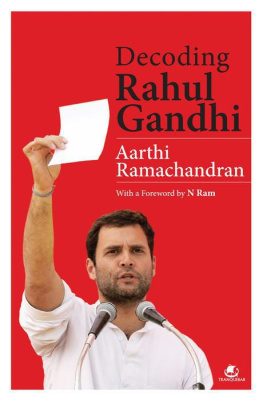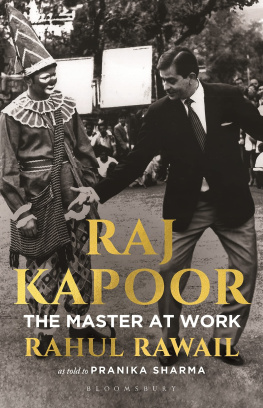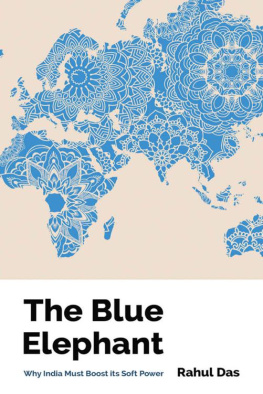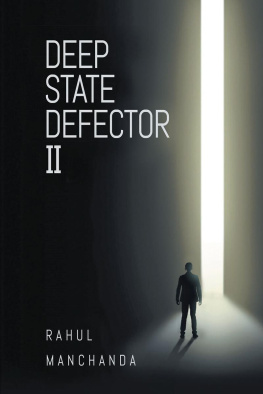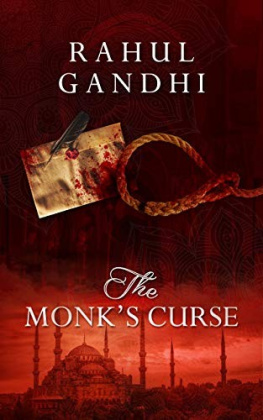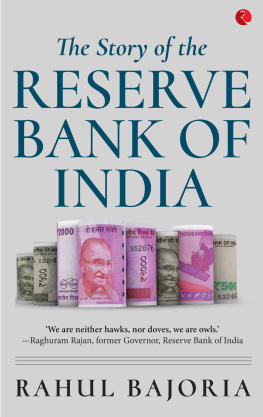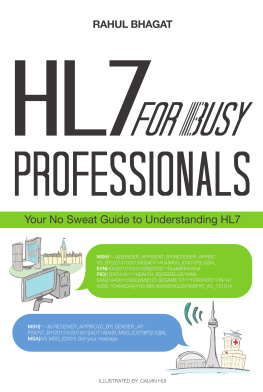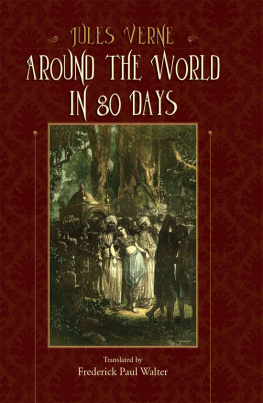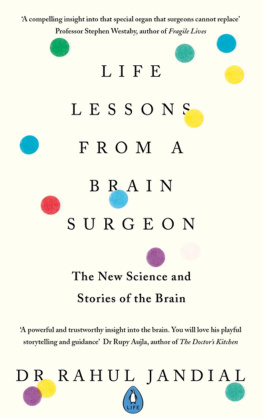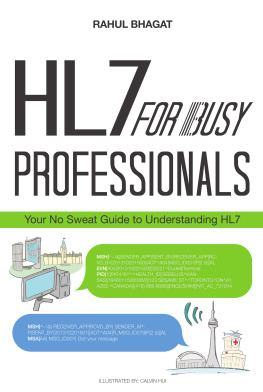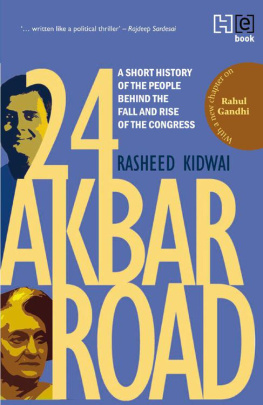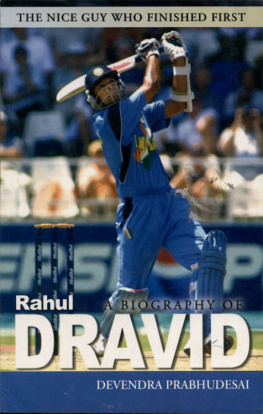TRANQUEBAR PRESS
DECODING RAHUL GANDHI
Aarthi Ramachandran is a political journalist who has worked with leading Indian newspapers such as The Economic Times and Business Standard . She has written about the Congress for the past seven years and tracked Rahul Gandhis political career closely. She is now a freelancer, attempting the transition from being a full-time journalist to a full-time mother. She lives in Delhi with her husband and daughter.
DECODING RAHUL GANDHI
Aarthi Ramachandran
Foreword by
N. Ram
TRANQUEBAR PRESS
An imprint of westland ltd
Venkat Towers, 165, P.H. Road, Maduravoya, Chennai 600 095
No. 38/10 (New No.5), Raghava Nagar, New Timber Yard Layout, Bangalore 560 026
Survey No. A-9, II Floor, Moula Ali Industrial Area, Moula Ali, Hyderabad 500 040
23/181, Anand Nagar, Nehru Road, Santacruz East, Mumbai 400 055
4322/3, Ansari Road, Daryaganj, New Delhi 110 002
First published in India in TRANQUEBAR PRESS by westland ltd 2012
Copyright Aarthi Ramachandran 2012
All rights reserved
10 9 8 7 6 5 4 3 2 1
ISBN: 978-93-81626-69-6
Typeset in 11/13 pts. Garamond Regular by SRYA, New Delhi
Printed at Thomson Press (India) Ltd.
This book is sold subject to the condition that it shall not by way of trade or otherwise, be lent, resold, hired out, circulated, and no reproduction in any form, in whole or in part (except for brief quotations in critical articles or reviews) may be made without written permission of the publishers.
For
Nandini, who mostly let her mother write, and R ima .
CONTENTS
W hen I began this book about two years ago, it was a blind leap from a precipice without knowing what lay in store for me. All I knew was two pairs of hands those of my husband, Vivek, and Alam Srinivas who is all that one can ask of in a friend would ensure I had a safe landing. That this book is out is due to them more than anyone else. Alam also acted as my first editor and without him, quite simply, the book would not have happened. I have often joked with him during the writing that he has midwifed the book. Thanks are due to both Vivek and Alam in more measure than I can say.
Though my close family members have put up with my absence, it was my three-year-old daughter, Nandini, who had to inexplicably contend with a mother who was there but not quite there. The book is dedicated to her because she allowed me time away from her helped no doubt by Chhota Bheem on Pogo TV.
I need to thank Hartosh Singh Bal who had enough confidence in me to introduce me to people who matter in the publishing world, and put in a good word. It was Hartosh who suggested I should work on this book when I was contemplating a break from the grind of daily newspaper reporting in mid-2010. My former bosses at Business Standard and The Economic Times , Aditi Phadnis and P R Ramesh have been two of the biggest influences in my career as a political journalist. Most of what Ive learnt about the trade, I owe to them. Aditi was most generous with her time and shared with me her understanding of the 2012 Uttar Pradesh Assembly election verdict in great detail.
A host of beat colleagues and friends gave freely of their time and information each time I called. I thank each of them, especially Sanjay Mishra, Dheeraj Kanojia, Kay Benedict, and Prabhanjan Verma. I also need to thank my former colleague at The Economic Times, Devesh Kumar, without whom I would not have negotiated the 2010 Bihar Assembly election coverage. I am grateful to Satish Kumar Singh, director of Cachet Pharmaceuticals (Alkem Laboratories Group) and Sudheer Kumar who ensured I was comfortable and well taken care of during the trip.
I also need to thank Mukul Kesavan and Ninad Sheth who helped with access to libraries and books; and Kanupriya Vashisht and Sree Srinivasan for help with information pertaining to Rahuls US education. Mukul used his enormous clout to let me use the India International Centre (IIC) library as my workplace for nearly six months. I wish to thank the IIC library staff for their help and support. Thanks are also due to the library staff at the Indian Institute of Public Administration, the Centre for the Study of Developing Societies and the Nehru Memorial Museum & Library.
I cannot but mention here the many Youth Congress and National Students Union of India leaders, most of whom did not want to be named, as well as Congress leaders who chose not to be identified. They made it possible for me to understand Rahul Gandhis thinking and way of functioning. I want to specially thank Ashleigh Lamming and Merrow Golden, who interviewed Rahul Gandhi for Cambridge Universitys campus paper, Varsity, in 2010. I am most grateful to them for having shared their unpublished interview notes with me.
A special thank you to my editor at Westland, Renuka Chatterjee, who patiently but firmly guided the entire project. Her support has been constant. I also need to thank Sudha Sadanand who helped in improving the book with her insightful comments on politics.
I wish to thank my family, especially my parents-in-law who travelled from Chennai to Delhi at short notice to facilitate my writing at a crucial time when I was stranded without childcare support. My parents, sister and other close family members have put up with my complete preoccupation with the book over the past two years. My brother Ashwins weekly visits contributed immeasurably to keeping my spirits up as the book took shape. Sunita who looked after Nandini when I was shut up in my room, writing, will also always have my gratitude.
by N. R am
C ontemporary India has its fair share of political journalists, political scientists, political pundits, and historians. But there is one significant deficit when we come to politics of the present. Serious biography writing has not made its presence felt in a theatre that offers abundant material for the biographer a diverse and colourful cast of netas, national, regional, and local, framed against circumstances, issues, challenges, and opportunities that often seem way too much for them. There may be legitimate complaints about the stature and quality of contemporary political leadership, especially compared with what seemed to be in robust supply in the not-distant past. But it is a fact that we have been unfairly denied the benefits in terms of information, insights, literary quality, and sheer pleasure that the biographers slog and art have conferred on readers in several western countries.
I cannot think of any Indian political biography of note that brings us closer to the present than Paul R Brasss An Indian Political Life: Charan Singh and Congress Politics, 1937 to 1961, which is the first in a multi-volume series on The Politics of Northern India: 1937 to 1987.
Rahul Gandhi, a late-arriving and apparently reluctant heir presumptive to (what is sometimes caricatured by right-wing opponents as) Indias republican throne by virtue of being born in its most prominent political dynasty, is an inviting enough subject. He is an inviting subject for the curious, nose-to-the-ground political journalist, although not yet perhaps for a scholarly biographer like Brass, who would surely need critical distance, more time, and much more primary material than is accessible. The claim made by a recently published book (by two industrious and not uncritical journalists) to be the first authoritative biography of Rahul Gandhi is nothing more than publishers hype.
As the economy has run into trouble, as inflation and the crisis of livelihood have become key concerns for hundreds of millions of ordinary Indians, and as corruption has emerged as an overarching national issue, politics in India seems to be trapped in a state of dispirited uncertainty, systemic pessimism, and low expectations. Stasis, the old Greek term of art, best describes the present.

